Keeping Chickens 101
Chickens are a beautiful pet, especially for young children, but they are also very useful, delivering farm fresh butt nuggets right to your plate!




Chickens do need to be cared for though, just like any other pet. They need food, water, shelter, also worming and lice treatments. Once they get to know you a bit, they become quite quirky and also appreciate snuggles and cuddles.
Lots of people get stuck on what to feed their chooks. Do I feed pellets, grain, scraps? And what scraps can I feed? The answer is, a mix of it all.
They need a balanced and well rounded diet, and, just like you and I, they appreciate variety. A good mix provides a good range of nutrients and minerals essential to your chickens health. You'll notice your babies get quite excited when they see a handful of greens or their scrap bucket heads their way.
The type of pellets and grains you choose to feed are up to you, just like dog biscuits though, generally the higher the price, the better the quality.
Having said that, my chickens won't eat expensive foods, I have tried multiple times over the years, and they just love their budget laying pellets and T&R poultry mix. It's always a good idea to ensure your ladies have a good and easy supply of grit and a form of calcium to support egg production. You can even chuck your used egg shells back in and they will recycle them.
Clean water is also essential, we don't want algae, bacteria and bugs potentially making our girls sick, or giving them parasites.
It's also a good idea to treat your babies for worms, lice, mites and other parasites. This is really quite easy, you can go to your local pet store or stock feeders and they'll have a choice of liquid medicines.
It's a good idea to put a powder down throughout the coop, enclosure and bedding, this is to keep the mites and lice at bay. Usually I use pestene, although there are several others.
Chickens can get 'colds', ensure you are monitoring your chickens health, check their nostrils are free from mucus, and gunk, their eyes are clear, and they aren't coughing or sneezing. All their 'red pieces' should be nice and coloured, not paled or white. If any of this occurs, ensure you seek advice from your local vet.
Would you like to be soggy, shivering and standing in the cold? No? Well neither do your chickens. A shelter can be as simple or as elaborate as you like, but should always be present. It provides somewhere for the to take refuge from the elements, somewhere to lay eggs, and safety from nightime predators.
Like any pet and ourselves, your chickies will appreciate treats. This can be your daily scraps or literal treats.
. Brassicas; brocolli, cauliflower etc.
. Watermelon.
. Berries.
. Rice/ Pasta/ Noodles; cooked.
. Carrots.
. Squash and pumpkin.
. Egg shells.
. Bread.
. Cucumber.
. Turnip greens.
. Chard.
. Lettuce.
. Apples; no seeds.
Foods to avoid:
. Rhubarb leaves.
. Chocolate/ candy.
. Raw/ green potato peel.
. Tea/ coffee.
. Onion/ garlic.
. Avocado skin/ pit.
. Citrus.
. Meat.
There are also a massive variety of chickens, having many different qualities. They come in all shapes, sizes and colours. It is important to choose chickens suitable to the qualities you are looking for. Do you want girls that lay all year round, or a girl who's sweet and fluffy? Do you have a big space or small yard? And what size egg?! These are all very important, so always ensure you do some research on your chickens prior to adopting/purchasing to ensure they meet your requirements, especially as they will be with you for the next 6 to 8 years easily. Note they are only likely to produce eggs for 3 to 4 years, just like us, they have a time limit!
. Australorp
Theses are beautiful medium sized chickens, hardy, docile and friendly. They lay roughly 260 light brown eggs a year.
. Plymouth Rock
A very sweet and friendly chicken, and the best roosters. A large chook laying roughly 200 plus brown eggs annually.
. Ameraucana
Oh I love these beautiful birds, they were bred purely as backyard birds, sp are very friendly, although a hardy chook they do need access to shade all year round. They lay on average 250 blue, small to medium eggs yearly.
. D'Uccle
A small to very small chook, with a tendency to be broody, laying 100 to 150 small cream coloured eggs a year.
. Barnevelder
A large ish chook that are sweet and make excellent mums, they are very timid and shy, but lay roughly 230 chocolate brown eggs a year.
With over 400 breeds of chickens worldwide, there is bound to be a chickie that suits you.





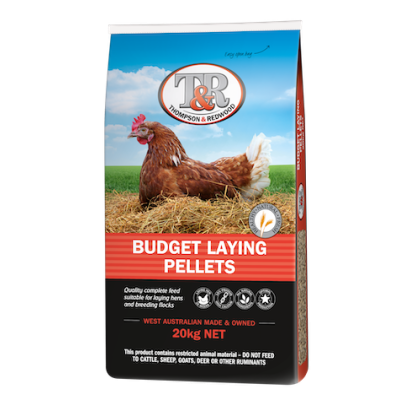


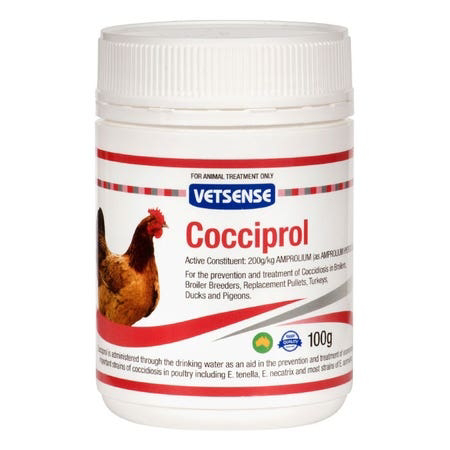



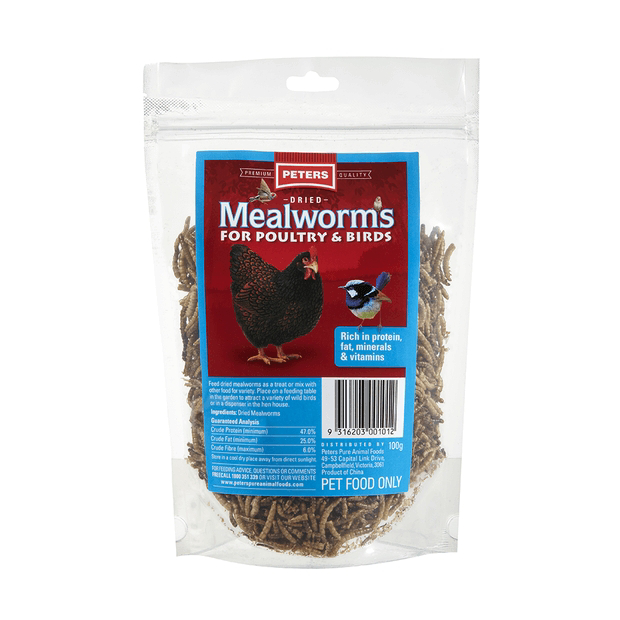
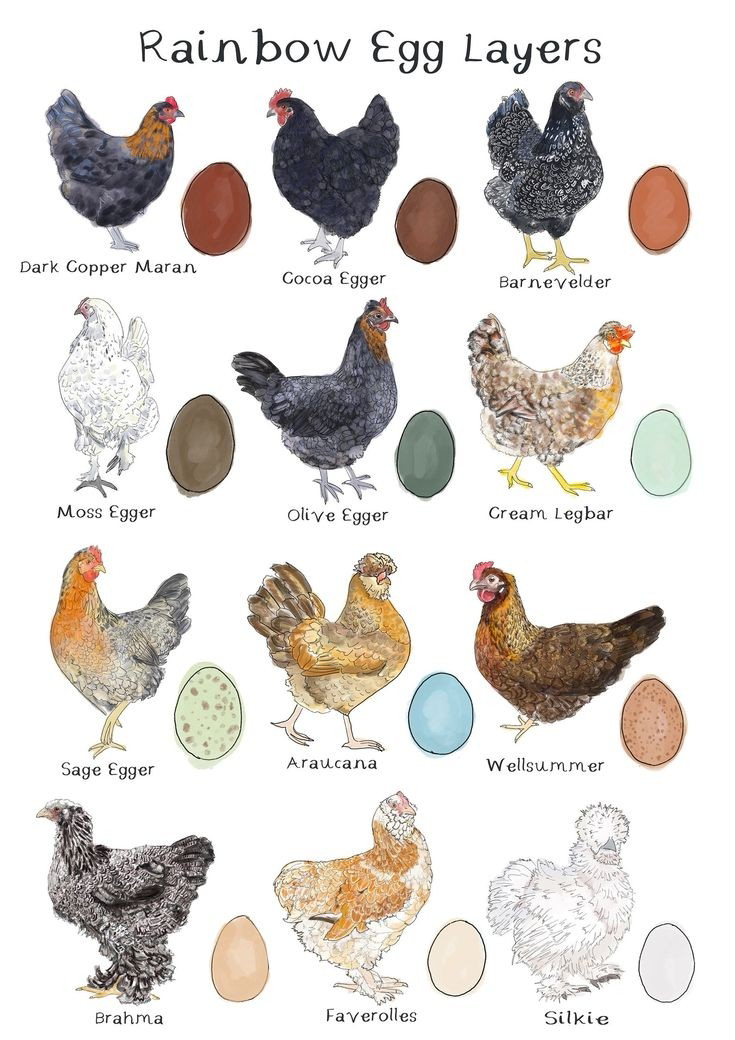

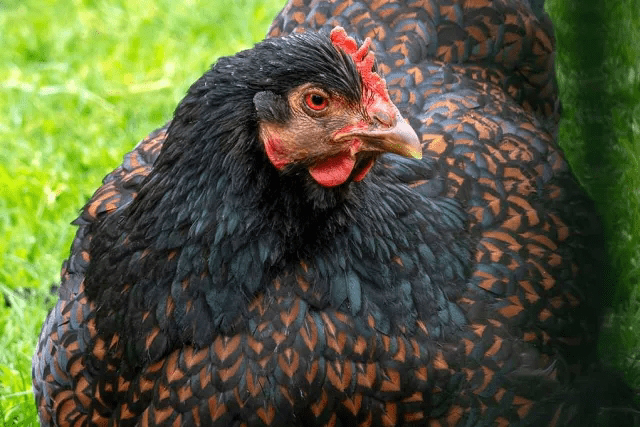

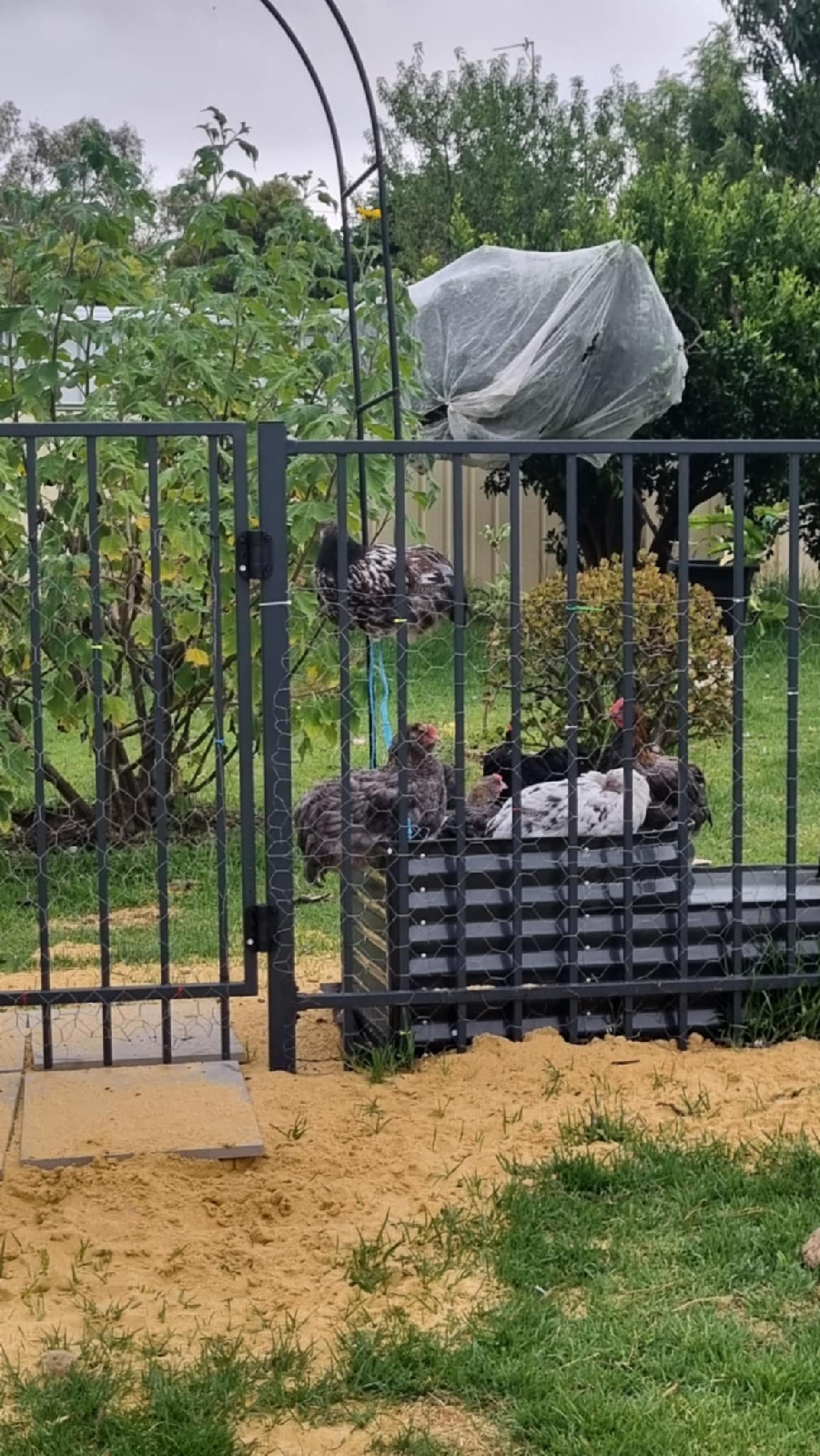

Comments
Post a Comment